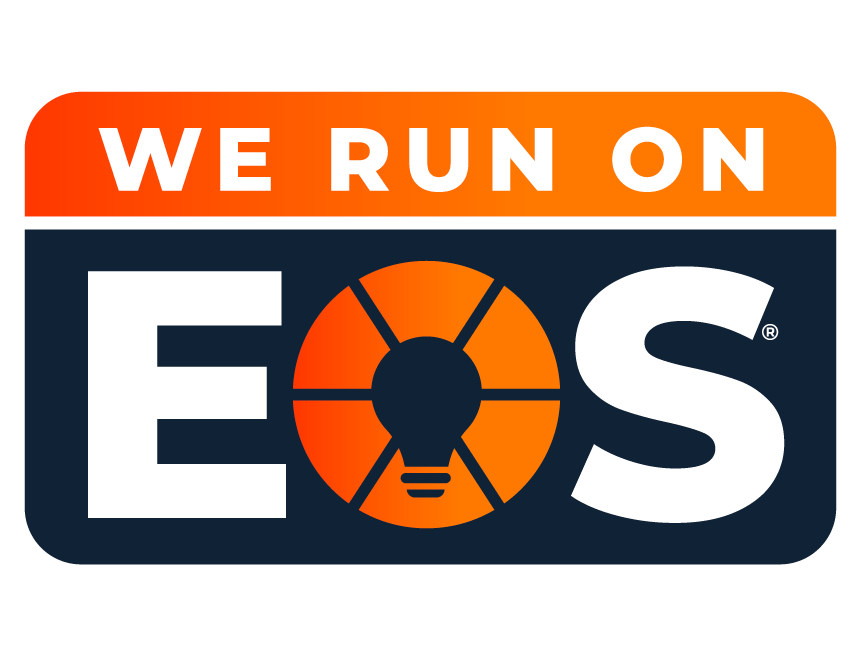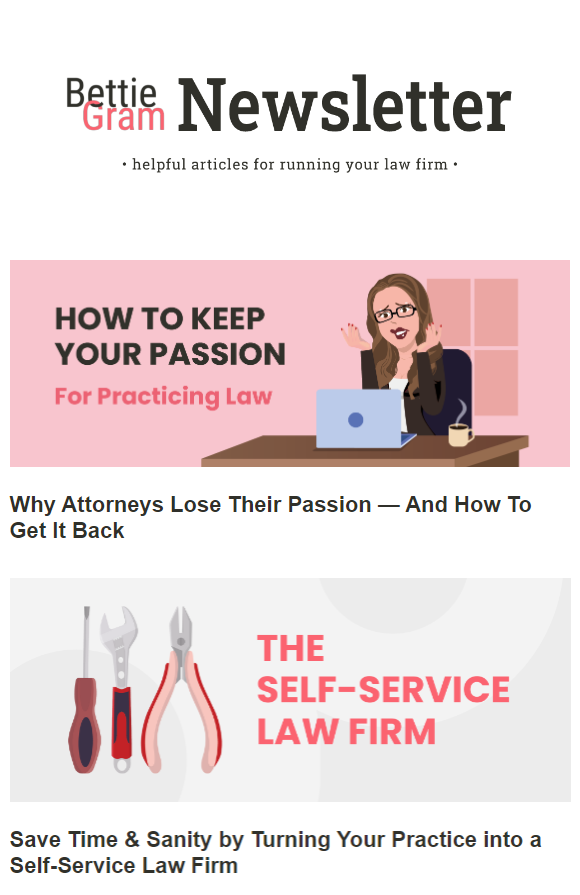Turning Passion into Practice
Would you quit a job you enjoy to start a new venture you’re passionate about?
Alene Anello, a graduate of Harvard Law School and president of Legal Impact for Chickens, faced this very decision. Eventually, she used her entrepreneurial spirit to found a litigation nonprofit that married her passion and purpose with her experience as a lawyer.
Originally inspired to learn about industrial animal agriculture thanks to her beloved pet chicken, Conrad, Alene has turned her lifelong love of animals into a career.
Find out how Alene decided to establish her own organization, what drives her work, and the one tech tool she couldn’t live without as a solo practitioner.
Making Life-Changing Career Decisions
Looking back, Alene’s career path wasn’t much of a surprise.
“My story was basically just that I’ve always been very opinionated,” says Alene.
“I was passionate about animal protection even before law school and I just wanted to keep doing animal protection in some way, Alene shares. “But I never envisioned being an entrepreneur.”
Alene began writing down her ideas and how she wanted to approach cases differently from what she was seeing. Eventually, she had listed so many things that she realized it was time to branch out as a solo practitioner.
The first step? Leave her good job.
“It was almost like my dream job…except I kept having these ideas,” says Alene. “It’s been really scary and really wonderful and exciting.”
How Consumers Can Help
We asked Alene what the average consumer can do to help the cause of Legal Impact for Chickens. She shared that “there are a lot of different things you can do; that depends on what feels right for you.”
People interested in supporting the ethical treatment of the animals should consider:
- Trying vegan products that act as meat-free chicken alternatives
- Advocating for better treatment of chickens by support organizations like LIC
- Researching food companies they purchase from and asking them to pledge to improve the treatment of chickens
- Researching how to interpret food labels to find the most ethical products
“I think it’s all about thinking about what feels right for you,” Alene explains. “There are a lot of really easy things you can do to improve animal lives. It should never be something that feels really unpleasant because then you’re not gonna stick with it, but something where you feel good about it. That’s the kind of thing you’re gonna do over and over again.”
The Tool You Can’t Live Without
When Alene was starting Legal Impact for Chickens, she was at first overwhelmed by the many different things that she had to do. She wanted to save money, so case management software was off the table. After trying to track her tasks with a notes document on her computer, Alene started to feel stressed out—until she found the perfect tool.
Now, when it comes to getting things done (and as an entrepreneur, there is a lot to get done), Alene swears by the task management app Todoist.
“It’s basically just like the best to-do list ever,” Alene explains. “You can just set a list of things to do with dates. Then when you’re done with them, you can click them off and it feels very satisfying.”
Stay in Touch With Legal Impact for Chickens
If you’re interested in keeping up with Alene and her work with Legal Impact for Chickens, visit legalimpactforchickens.org and follow LIC on LinkedIn, Facebook, and Twitter.
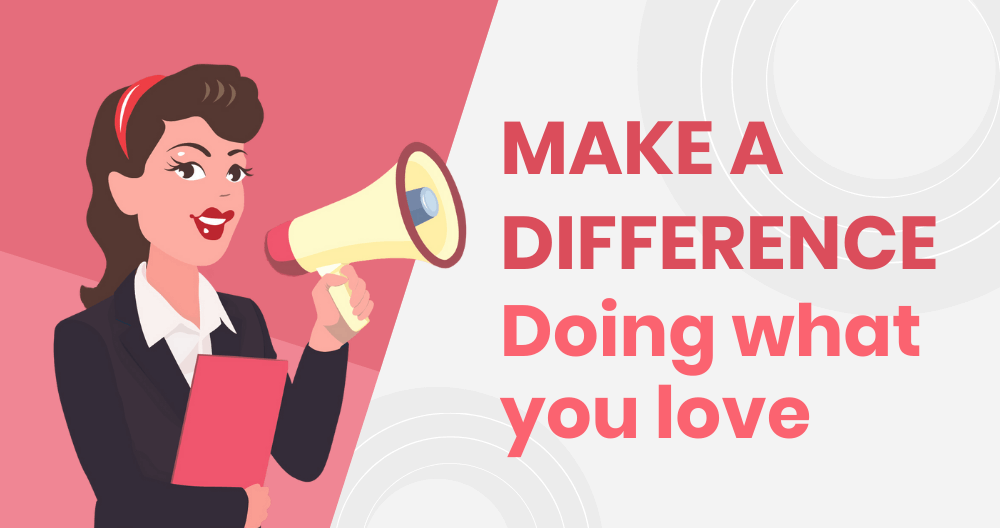
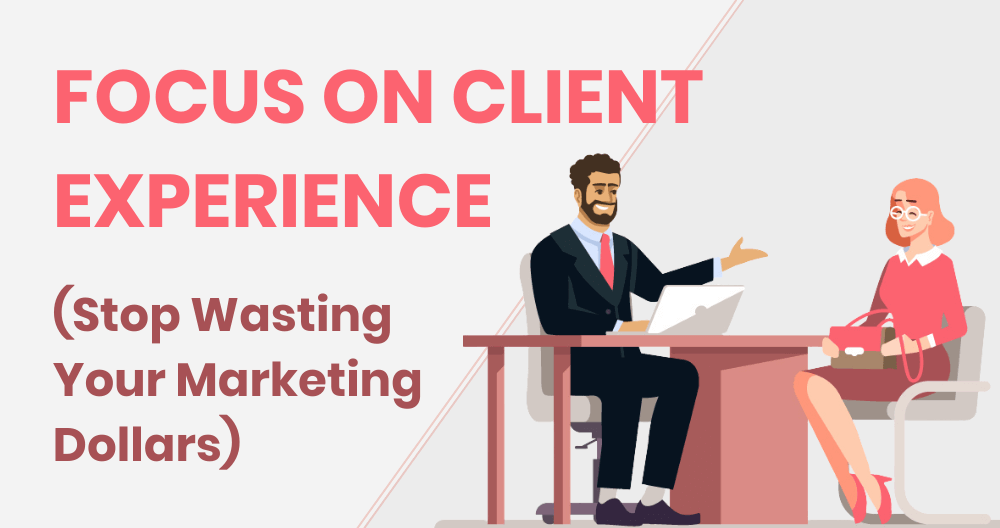






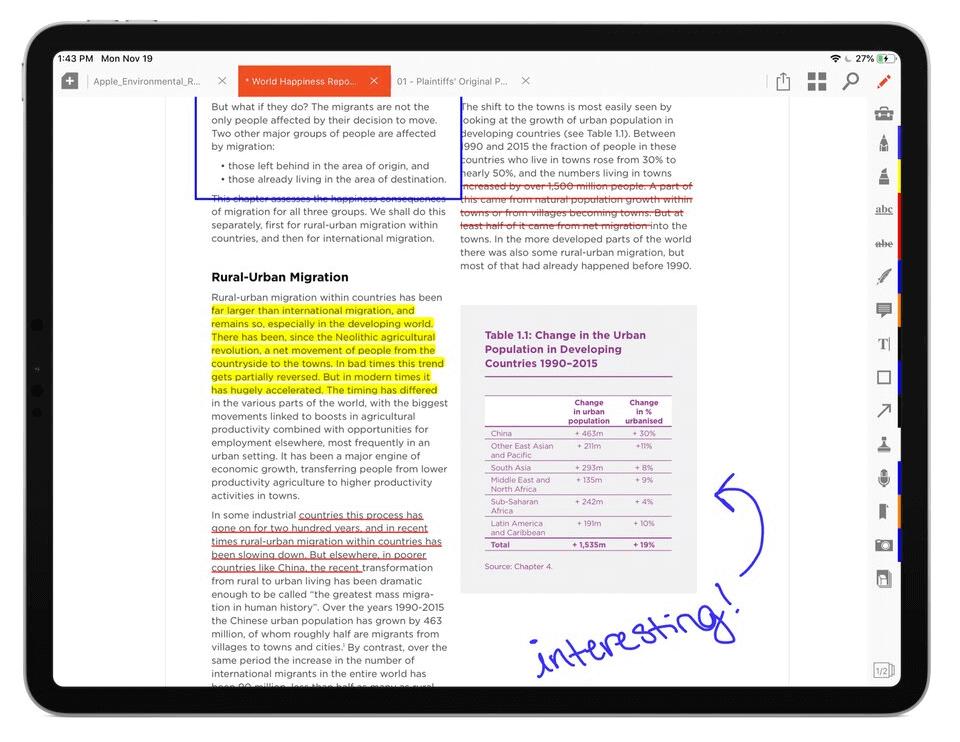





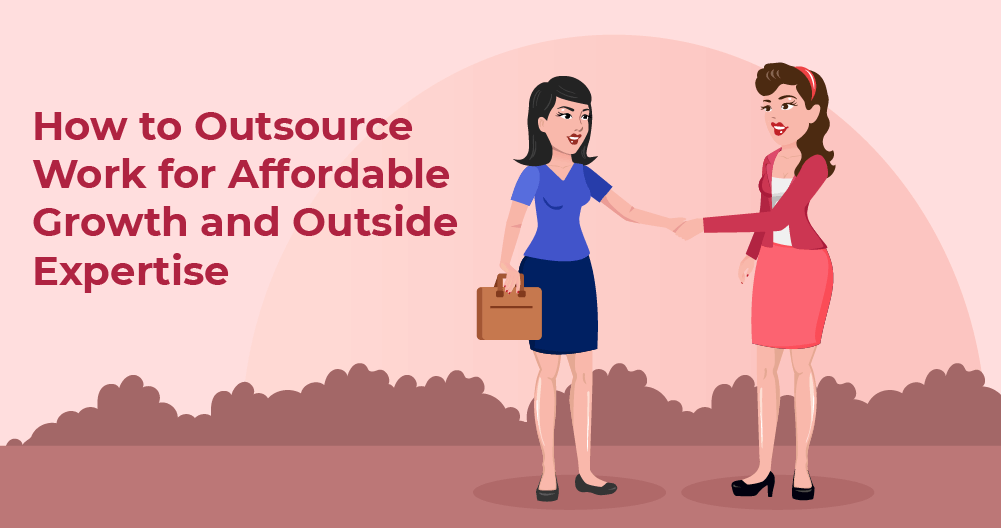 Are you the kind of executive that wants to “do it all”?
Are you the kind of executive that wants to “do it all”?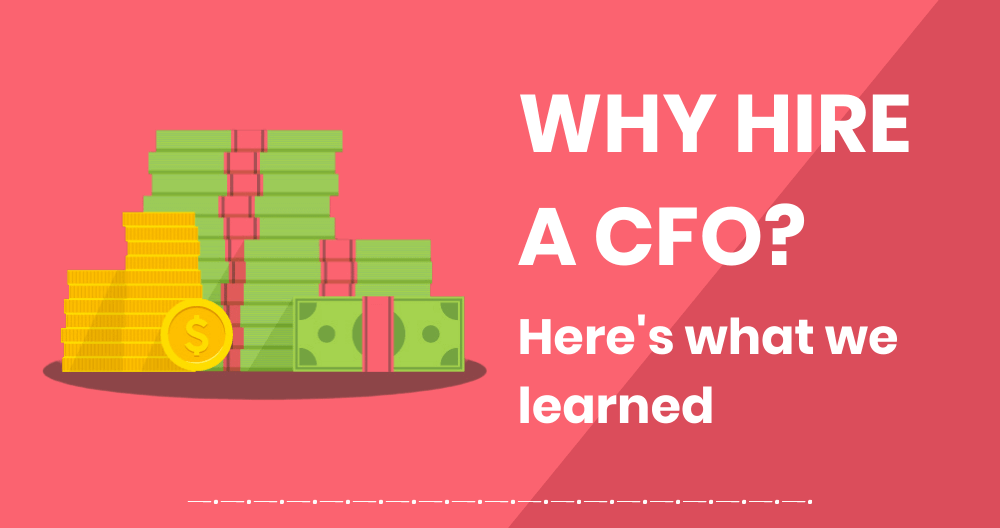 Being the chief executive of Back Office Betties, a legal receptionist service for law firms, means that I wear a lot of hats. It’s not always easy to stay on top of everything myself! I have the best team around, but when it came to finances, I didn’t have a solid grasp on my numbers and wasn’t even sure that our books and processes were fully in compliance.
Being the chief executive of Back Office Betties, a legal receptionist service for law firms, means that I wear a lot of hats. It’s not always easy to stay on top of everything myself! I have the best team around, but when it came to finances, I didn’t have a solid grasp on my numbers and wasn’t even sure that our books and processes were fully in compliance.